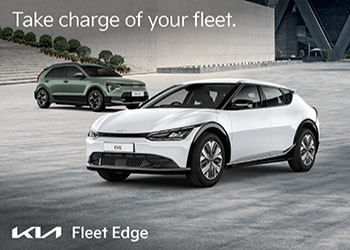The UK’s recent decision to slash hybrid and electric car incentives has brought with it widespread criticism that could have ramifications for the Australian market.
The plug-in car grant, which since 2011 has knocked $8,260 AUD off the UK purchase price of a brand new electric vehicle, will be cut in early November by $1836, while incentives to buy new hybrid cars (worth over $4000) will be abolished altogether.
Britain’s Department for Transport (DfT) has not confirmed how long the grant for electric vehicles will be available but says it would support the purchase of 35,000 zero-emission cars, likely to run early into the next decade.
Mike Hawes, the chief executive of the Society of Motor Manufacturers and Traders (SMMT), said: “We understand the pressure on the public purse but, given the importance of environmental goals, it’s astounding that just three months after publishing its road to zero strategy, the government has reduced the incentive that gives consumers most encouragement to invest in ultra-low emission vehicles.
“Removing the grant for plug-in hybrids is totally at odds with already challenging ambitions for CO2 reduction and sends yet more confusing signals to car buyers.”
Perhaps the biggest concerns rests with what the possible flow-on effects could mean for the global car industry. If EV and hybrid sales drop so too does the total revenue, and without it the industry simply can’t invest in the required technology to bring cleaner and cheaper models to the mainstream market.
Mercedes-Benz Australia/Pacific managing director Horst von Sanden told GoAutoNews Premium last month that EVs had to become cheaper for there to be any considerate growth in the Australian sector.
“If there is not a benefit to make EVs more affordable and the move to paying extra is too harsh, then the industry may not see the consumer jump to choose zero-emission vehicles,” he said.
Mr von Sanden said the biggest practical problem for Australia wasn’t just subsidies but a lack of infrastructure and commitment at government level to support the transition to EVs.
“The rising number of EVs, we hope, will promote a bigger charging infrastructure, but we still need to ensure that our customers have a reliable charging infrastructure. In Victoria, for example, EVs may be challenged to get power.”
The Australian government has not confirmed any further incentives for electric or hybrid vehicles – a region in which EVs/PHEVs make up just 0.1% of the total market share.











